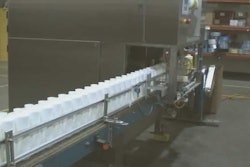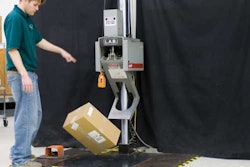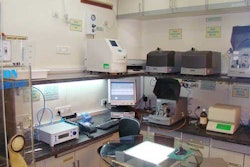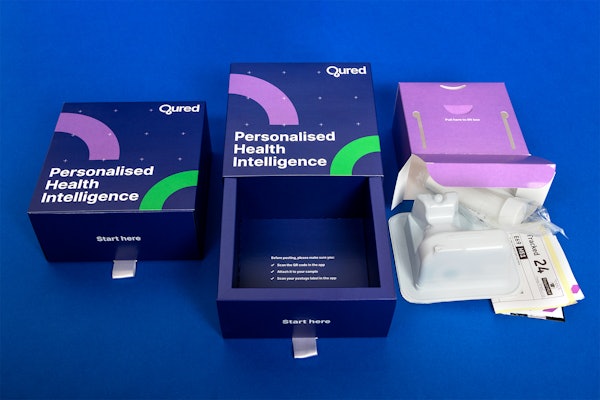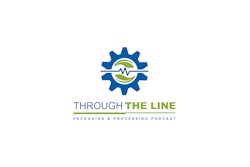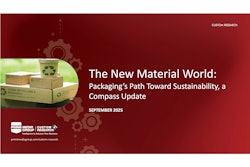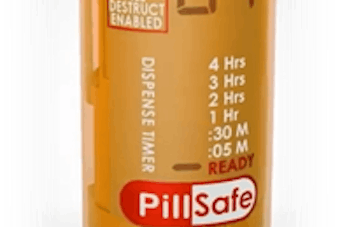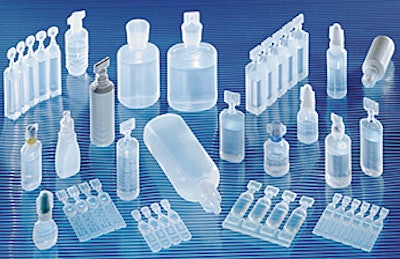
During the event, Chuck Reed, director of sales & marketing, Weiler Engineering, Inc. , will present, “Blow/Fill/Seal with Isolation/Insertion:Focus on Parenteral and Controlled Delivery Applications.”
Although blow/fill/seal technology has been around for 40-plus years, many companies in North America still favor traditional glass vial processing for parenteral applications. But BFS is a viable alternative to conventional aseptic processing for parenteral products, says Chuck Reed.
“People aren't aware that BFS technology has evolved,” he says. “The installed base in North America for BFS is traditional ophthalmic and respiratory therapy, so people aren't thinking about it for parenteral applications.” Companies are also reluctant to change technologies, Reed adds, because they believe it will be more difficult to have the process approved in a BFS format. But that's not the case: “For new products, BFS and conventional filling technologies have similar regulatory hurdles,” he says.
The BFS process inherently removes many of the steps associated with conventional aseptic processing. “We form the container, fill, and seal it in one machine frame without human intervention,” says Reed. The process provides flexibility, low operational costs, and product sterility assurance.
During the second workshop, Reed will continue the BFS discussion and address topics that arise during the first session. The workshop will also cover isolation/insertion as it applies to BFS for parenteral products with stopper insertion.



